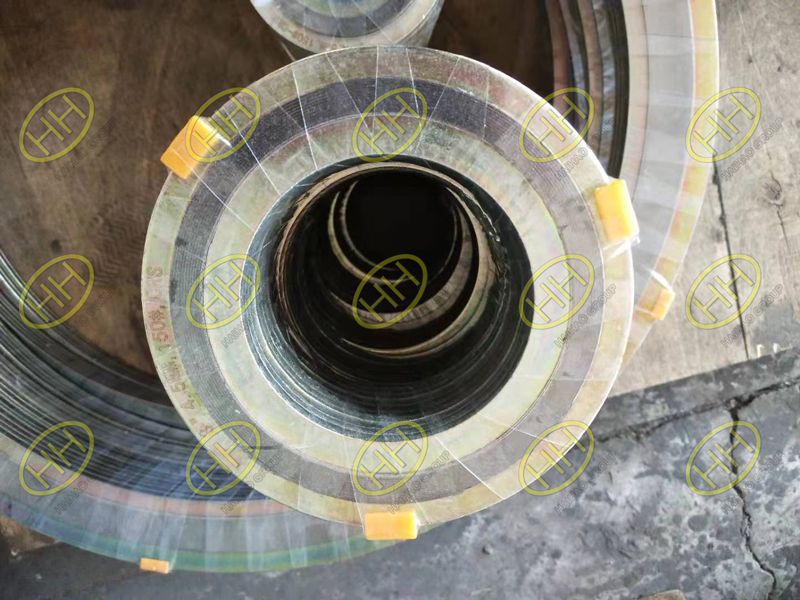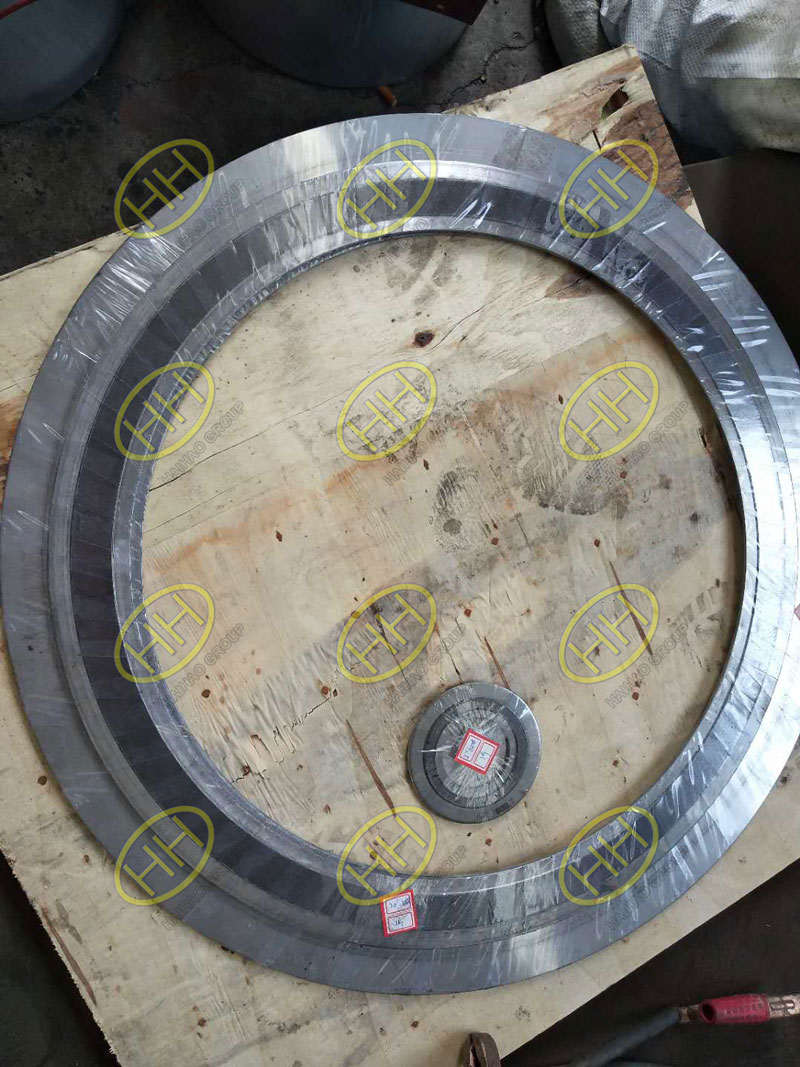Ensuring quality and reliability with ASME B16.20 spiral wound gaskets and the role of intergranular corrosion testing
At Haihao Group, we pride ourselves on delivering high-quality piping components that meet the most stringent industry standards. One of our key products, the ASME B16.20 spiral wound gasket with outer and inner ring, exemplifies our commitment to quality and reliability. These gaskets, essential in various industrial applications, are meticulously crafted to ensure optimal performance. A critical aspect of this process is the thorough testing for intergranular corrosion, ensuring the durability and safety of our products.
Product Specifications
The ASME B16.20 Spiral Wound Gasket with outer and inner ring features:
Size: DN 25
Class: 150 RF
Thickness: 3.2 mm (±0.12 mm) / 4.5 mm (±0.12 mm)
Material: 316L Stainless Steel with Graphite (99.1% purity) and Carbon Steel Outer Ring
Importance of Intergranular Corrosion Testing
Intergranular corrosion (IGC) is a form of corrosion that occurs along the grain boundaries of a metal. This type of corrosion can severely compromise the integrity and strength of stainless steel components, leading to potential failures in critical applications. For our ASME B16.20 spiral wound gaskets, especially those made with 316L stainless steel, IGC testing is vital to ensure that our products can withstand harsh environments and maintain their structural integrity over time.
Intergranular Corrosion Testing Process
Sample Preparation:
Samples of the gasket material are prepared according to ASTM A262, the standard practice for detecting susceptibility to intergranular attack in austenitic stainless steels.
Test Method:
We employ the Oxalic Acid Etch Test, one of the methods outlined in ASTM A262, to identify the presence of intergranular corrosion. In this method, the sample is immersed in a solution of oxalic acid, then examined under a microscope for signs of grain boundary attack.
Evaluation:
The sample is evaluated for the extent of corrosion along the grain boundaries. A rating system is used to classify the level of attack, with samples showing minimal or no attack considered resistant to IGC.
Documentation:
Detailed records of the test conditions, results, and evaluation are maintained to ensure traceability and compliance with industry standards.
Benefits of IGC-Resistant Gaskets
Enhanced Durability: Ensuring resistance to intergranular corrosion significantly enhances the longevity and reliability of the gaskets in service.
Safety: Gaskets that resist IGC are less likely to fail under high-stress conditions, ensuring the safety of industrial operations.
Compliance: Adhering to strict testing standards ensures that our products meet or exceed industry requirements, providing our customers with peace of mind.
At Haihao Group, we understand the critical role that high-quality gaskets play in industrial applications. Our ASME B16.20 spiral wound gaskets undergo rigorous intergranular corrosion testing to ensure they meet the highest standards of durability and reliability. By focusing on quality and compliance, we provide our customers with products they can trust for their most demanding applications. For more information about our gaskets and other piping components, please visit our website or contact our sales team.



